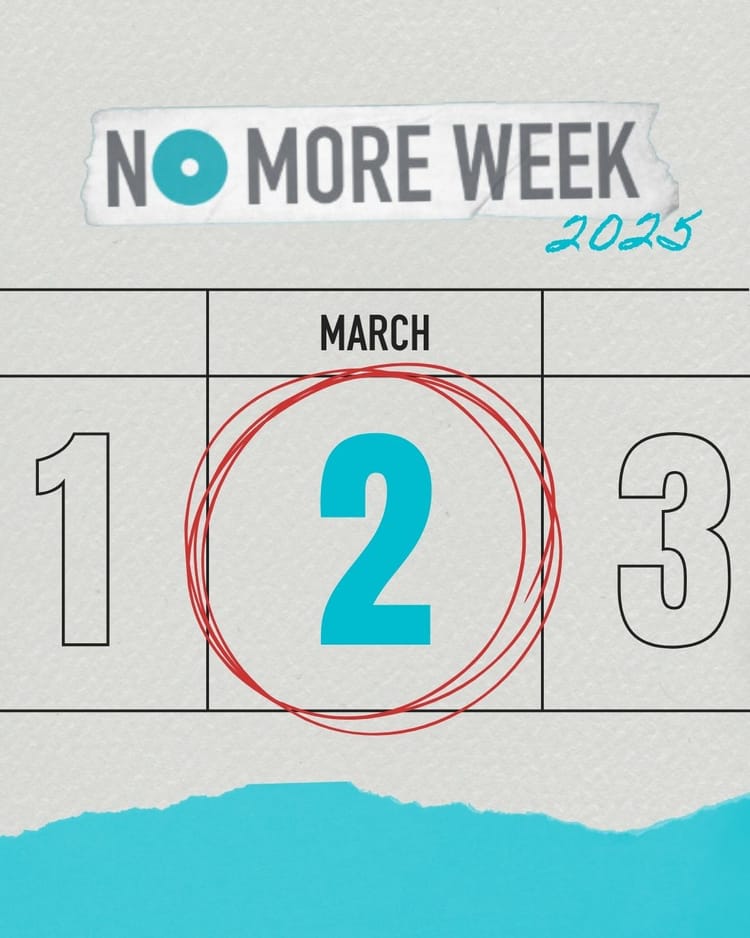Spotlight: Latin@ Voices from the “NO MÁS Study”

Domestic violence and sexual assault are some of the most stigmatized and misunderstood issues plaguing our society. In order to bring about lasting change in how these issues are addressed, we must achieve a greater level of understanding of their impact on our communities. That means all of our communities. Today, 54 million Latin@s* reside in the United States, yet there is limited data on how this community is addressing domestic violence and sexual assault and what their unique challenges and strengths could be.
That’s why we teamed up with the Avon Foundation for Women and Casa de Esperanza: National Latin@ Network to take a comprehensive look at domestic violence and sexual assault among U.S. Latin@s.
“The NO MÁS Study: Domestic Violence and Sexual Assault in the U.S. Latin@ Community,” commissioned by the Avon Foundation for Women, set out to fill a knowledge gap and uncover invaluable insights on this important segment of American society.
The NO MÁS Study, conducted by Lake Research, reached 800 adult Latin@s nationwide, including 100 recent immigrants and 100 Latin@s ages 18 to 30 years old. The full results of the study are available for download here.
The study uncovered a very troubling reality of domestic violence and sexual assault among U.S. Latin@s ages 18 years and older, but also brought to light some of the proactive strengths of this community. Ultimately, there is a sense that Latin@s want to get involved to address these issues in their communities and have conversations with their children about domestic violence and sexual assault.
- More than half of the Latin@s (56%) in the U.S. know a victim of domestic violence and one in four Latin@s (28%) knows a victim of sexual assault.
- 41% of Latin@s believe the primary reason Latin@ victims may not come forward is fear of deportation, 39% say the primary reason is fear of more violence for themselves and their family, and 39% attribute the primary reason for Latin@ victims not coming forward to fear of children being taken away.
- Nearly two-thirds of all Latin@s (60%) are willing to get involved in efforts to address domestic violence and sexual assault.
- More than half of Latin@ parents (54%) say they have talked about issues of domestic violence and sexual assault with their children and 57% of Latin@s report talking about domestic violence and sexual assault with their friends.
To help inform the NO MÁS study, Lake Research convened Latin@ focus groups in Atlanta and Los Angeles that provided a glimpse of the scope and impact of these issues, and the Latin@ community’s desire to take action to address them. Here are some of their words:
“There’s too much domestic violence. My neighbors fight and yell a lot… in my case we have learned to control all of that. We are not a perfect family, but we have made an effort so that our children do not follow the same pattern, violence generates more violence.” –Recent immigrant Latino, Los Angeles
“[We are] afraid to have Child Services in our home…we are kind of afraid to be on the radar. You know there is this kind of like we lay low, you lay low…” –U.S. born Latina, Los Angeles
“Because it starts within your house….with you and your kids and the conversation, and as much as you know, you could share that onto your kids.” – U.S. born Latina, Los Angeles
“Just as you talk to them [children] about drugs and sex, you can talk to them about violence…” – Recent immigrant Latino, Los Angeles
“My wife and I respect each other and this is something I try to instill in my children, I want to give them a good example of marriage.” – Recent immigrant Latino, Los Angeles
“[It] starts with us as men saying you know what we are not going to tolerate it in our community and I am not going to let you do it and we have to have an open discussion about it.” –U.S. born Latino, Atlanta
Informed by the NO MÁS Study, Casa de Esperanza: National Latin@ Network, the nation’s leading Latin@ organization on domestic violence prevention, and NO MORE, are launching a “NO MÁS” campaign, in partnership with Verizon, to further equip the Latin@ community to prioritize conversations about these issues and to take action to address them in their families and communities.
The NO MÁS public awareness campaign is the first campaign of its kind, engaging and activating the Latin@ community to end domestic violence and sexual assault, and includes a wide variety of other educational resources.
Learn more at www.wesaynomas.org
*Casa de Esperanza uses “@” in place of the masculine “o” when referring to people or things that are gender neutral or both masculine and feminine. This usage reflects our commitment to gender inclusion and recognizes the important contributions of both men and women.
Together We Can End Domestic and Sexual Violence






